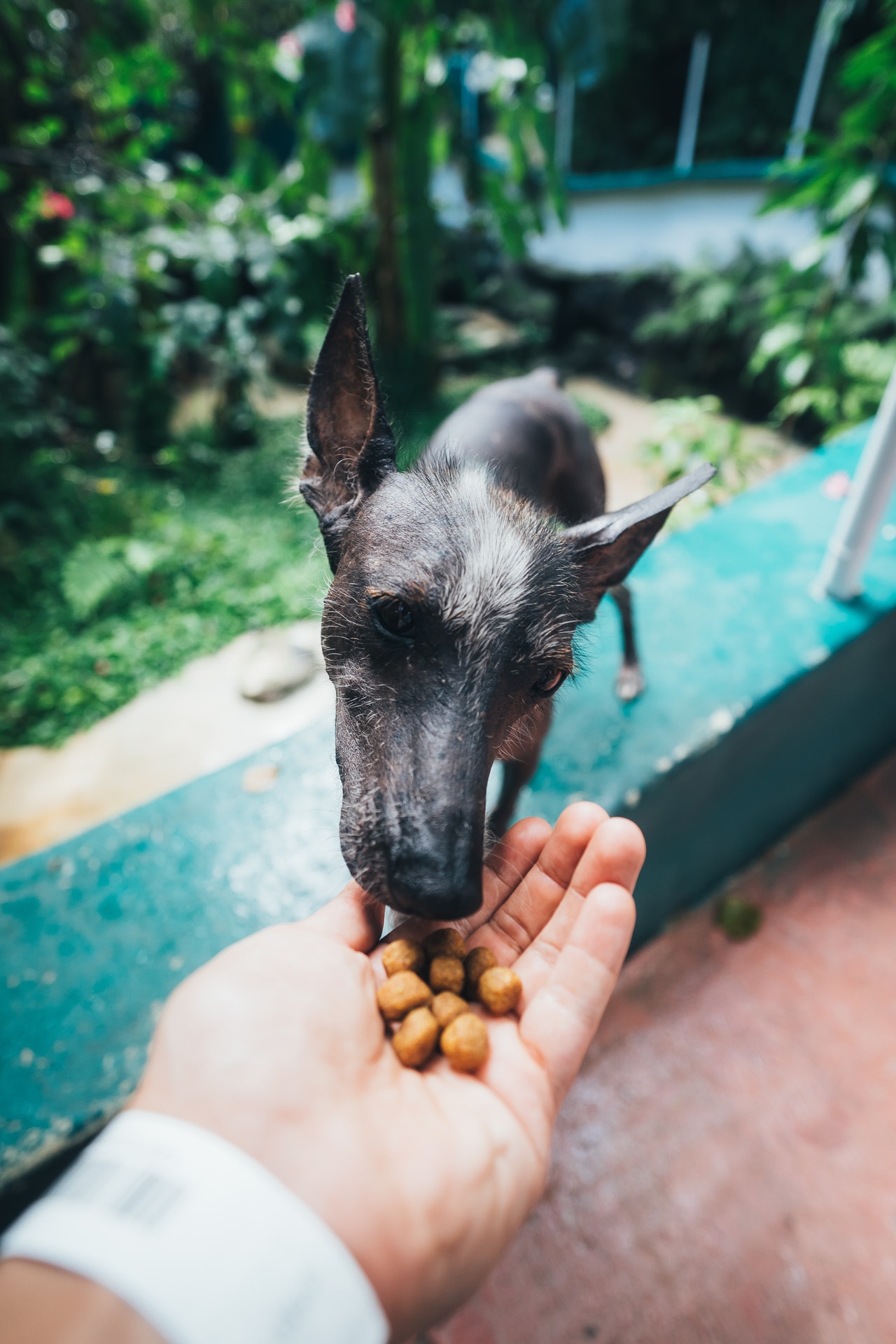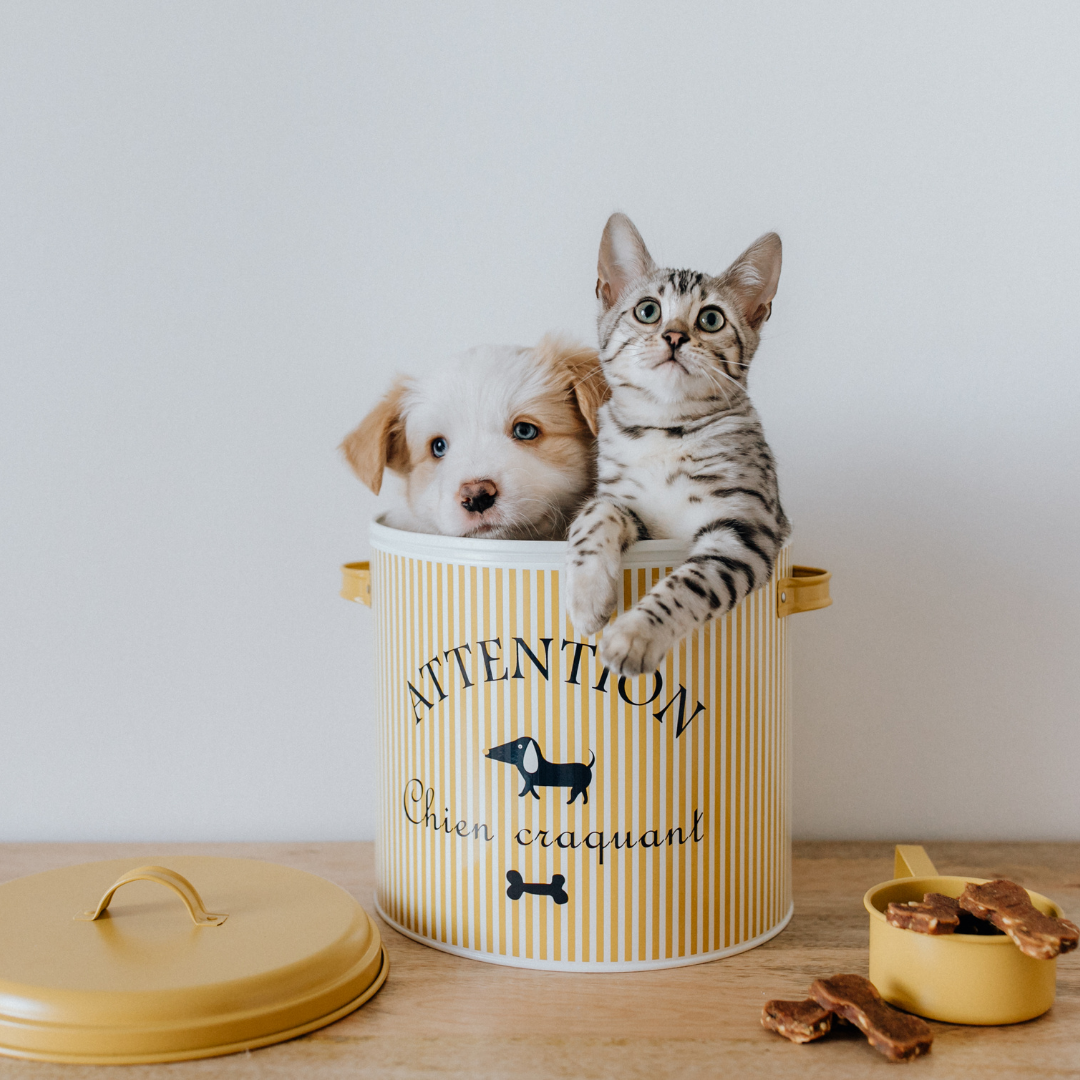How to take care of your pet’s diet and why it’s important
As with humans, the health of our dogs largely depends on the type of diet they have. A balanced diet, rich in nutrients and moderate in fat, will make our dog live longer and better.
Following a correct diet, today is not complicated since there is a wide and varied range of foods on the market, but we will have to know how to choose which is the best for our pet. Since not all dogs are the same, not all dogs need the same diet. Your gender, age, weight, or lifestyle are determining factors when choosing a correct diet.
Food for dogs
The two main options to feed our dog are between choosing industrial food or preparing homemade food. The first option is usually the one that the owners choose the most for comfort, and, although we think otherwise, it is also the most recommended since it contains all the nutrients and vitamins they need.
Most people prefer to give their pets industrial food. Within these, we can choose between dry or wet foods. The dry feeds usually contain a more balanced composition and help keep teeth clean and tartar-free animals. There are a large number of varieties of dry feed to meet the needs of all types of dogs: there are for large, small, medium breeds, for active dogs, or those that do a little exercise. In addition, the quality/price ratio is much better than with other foods.
As for wet or canned food, it has fewer nutrients as it is primarily made up of water. It is a more expensive food than the previous one and is designed for small dogs that need a small amount of food. In addition, we have to be careful if this food is going to be outside, as it could attract bugs or decompose, this can pose a danger to our pet’s health.
Despite the drawbacks of this variety, our dog will like it much more for its flavour, so one possibility is to mix dry food with wet food. With this, we will protect our dog’s teeth and make his food more delicious. Once the type of pet food has been chosen, we will have to control the frequency with which we will give it to them.
But the diet does not only include the scheduled meals, and it is also essential that we monitor the sweets that we give them as a reward and, above all, the bad habit of giving them something when we eat or leaving our leftovers. We know that there are times when it is impossible to resist your friend’s face of sorrow, but, as much as he begs you, it is better not to give him the leftovers since they could contain ingredients that his stomach cannot tolerate.
Specific foods
Some foods contain toxic substances for your pet. Pets must eat a balanced and specific diet since human food can be very harmful to their health.
Both dogs and cats have a much more powerful sense of smell than humans, especially dogs. The smell is their most developed sense, a quality that makes them feel irresistibly attracted to certain smells, such as food. If its smell is pleasant for us, for them, that feeling is multiplied. This, coupled with its insatiable appetite, can become quite challenging for the dog and its owner.
Next, we will see some of the foods that your dog is not recommended to eat since they could mainly cause gastrointestinal problems and the hair and skin.
Forbidden foods for your pet
- Chocolate: Contains theobromine, a hazardous substance, a cardiac stimulant that could cause a heart attack in large doses.
- Bird bones and thorns: They can go through or get stuck in the pet’s intestine. Bird bones splinter quickly, causing tears in the throat or intestine, just like spines.
- Alcohol: A small amount of alcohol is enough to intoxicate a dog or cat.
- Milk: Although it is the quintessential food when they are puppies, most pets become lactose intolerant when they reach adulthood.
- Salty meats (ham): These foods contain a high salt concentration, difficult for the cat and dog to assimilate. Its consumption can cause vomiting, diarrhea, and other digestive problems.
- Onion and garlic: They contain thiosulfate (especially onion), a toxic substance for dogs and cats that can cause hemolytic anemia.
- Caffeine: Like alcohol and theobromine in chocolate, caffeine accelerates the heart and nervous system and can cause tachycardias.
- Grapes and raisins: The toxic dose is 32 g of grapes per kg of dog and 11-30 g of raisins per kg. If they exceed this amount, they are harmful, and their ingestion can cause them to develop kidney failure within 72 hours.
- Fatty foods and seasonings: They are decisive for the digestive system of pets.
- Sweets: Sugar is not recommended. It is very harmful to the teeth and can also generate excess weight.
- Macadamia nuts: They are very toxic to dogs. They affect your motor skills, causing muscle tremors and, in large doses, paralysis.
So, as much as your pet insists and tries to convince you by making a sad face, don’t give him your food. Try to preserve his diet and if you want to offer him something special, turn to pet treats.
Beware of food scraps.
And remember to close the garbage well! They are more active and more intelligent than you think, and if they smell food, they can attempt to open the trash. Put it out of their reach and thus avoid temptations and possible scares.
Special care must be taken with the remains of seafood, shrimp heads, and bones. Hollow bones (turkey, chicken, capon) can splinter and lead to irritation of the digestive tract, ulcers or vomiting, colicky pain, and severe cases of perforation of the digestive tract. Cutlet bones can cause problems, not because they splinter, but because they can get stuck in the mouth, or if they move to the pharynx, they can cause airway obstruction and cause suffocation.
Conclusion
Many people underestimate the importance of a good diet for the health of their pets and think that all foods are the same without thinking about the nutritional value they provide. Feeding your pet poor-quality food will keep him full and happy for a while, but it doesn’t deliver the benefits he needs for a healthy life, and serious long-term health problems will not be avoided. So before you go out and buy the next cheapest bag of dog food you can find, keep the above tips in mind.



